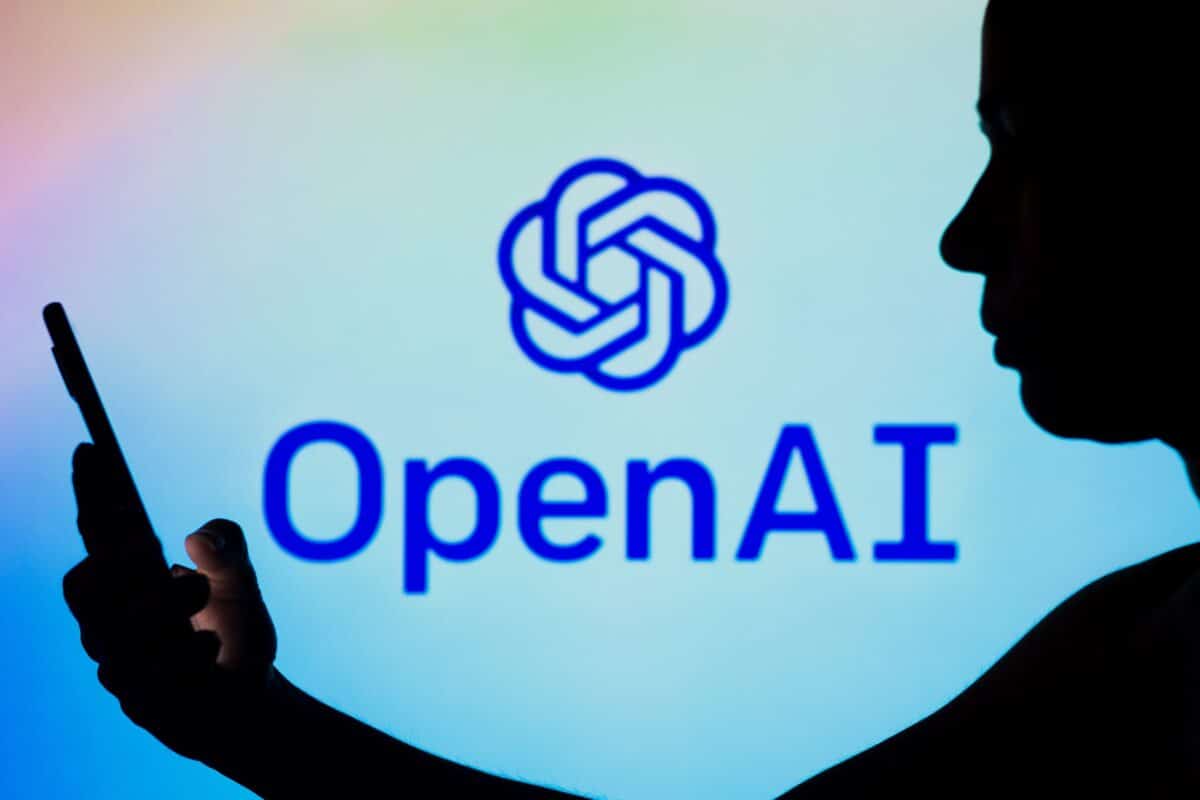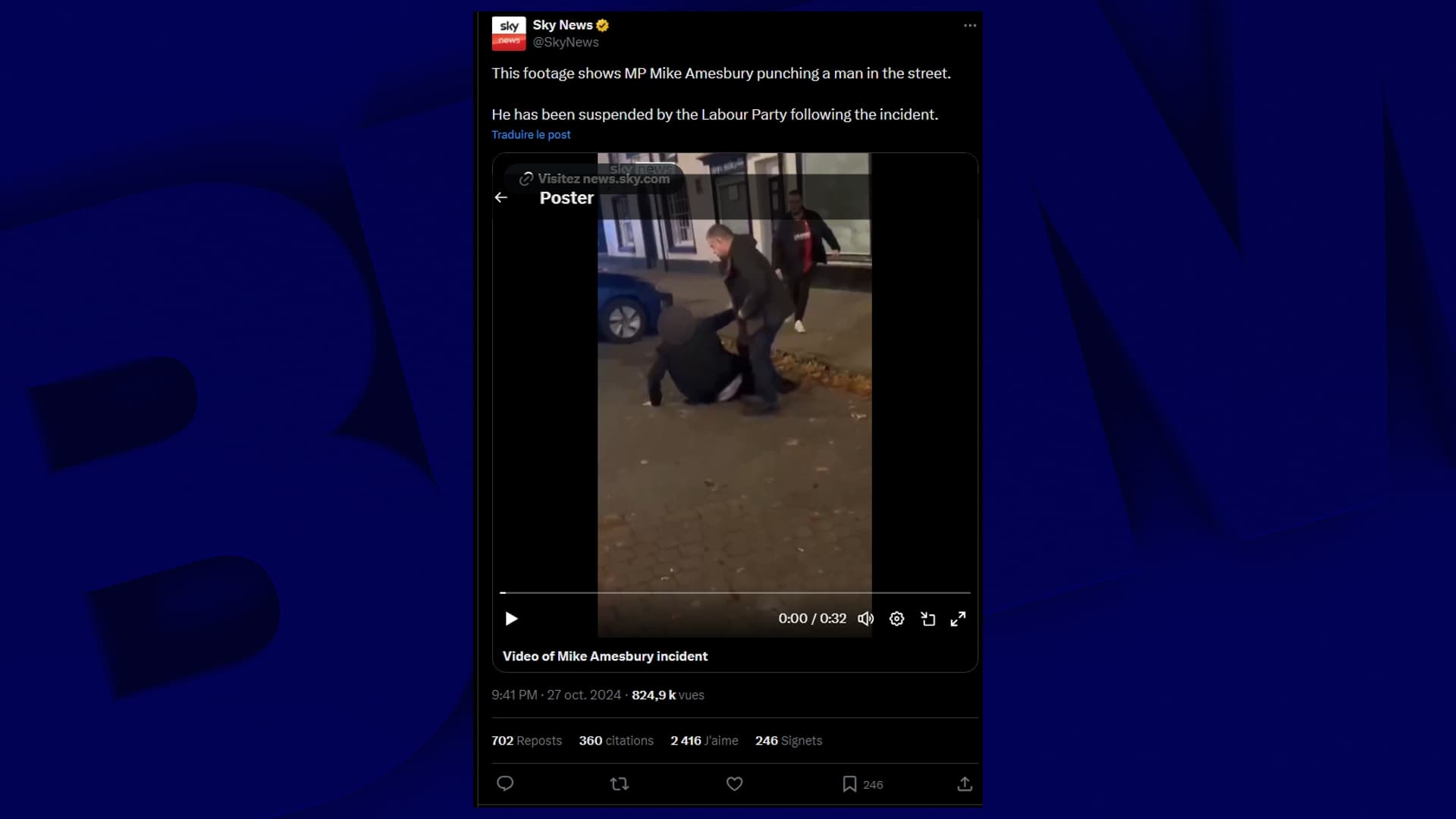Link the dirham to the euro and the dollar, but also to an expanded basket of currencies, thus offering greater flexibility to the Moroccan economy in the face of international variations. This is the ambitious project that Morocco intends to implement to reduce the dependence of its dirham on fluctuations in the euro and the dollar and soften the anchoring of the dirham to a basket of euros and US dollars by 2026. Abdellatif Jouahri, governor of Bank Al-Maghrib (BAM), announced this transition in an interview he gave to Bloomberg in Washington, United States on the sidelines of the annual meetings of the International Monetary Fund (IMF) and the World Bank. According to him, this transition is part of a plan for gradual easing of the exchange rate, suspended during the Covid-19 pandemic. The central bank is “technically ready” for this approach and regulators are developing a plan to implement it, Jouahri assured, adding that banks are also prepared for this step.
Read:Bank Al-Maghrib discusses the flexibility of the dirham
Morocco began the gradual liberalization of the dirham in 2018. At the time, it adopted a fluctuation margin of 2.5% upwards and downwards, instead of 0.3% previously. Two years later, this range was widened to 5% while maintaining the anchoring of the dirham to a basket composed of 60% euros and 40% dollars. The next step is to dissociate yourself from this basket. Jouahri nevertheless recognized that the dissociation of the dirham is not an easy reform, because it would require adjusting the key interest rate two to three times per year. “It is not a simple reform, because the value of the Moroccan dirham against foreign currencies will be affected, and it is a major reform which will have an impact and the central bank will bear great responsibility and put its credibility at stake” , he explained.
Read: Bank charges: Bank Al-Maghrib says stop abusive commissions
The head of the central bank also announced that the bill on cryptocurrencies is ready and awaiting government approval to launch the discussion process in Parliament.


